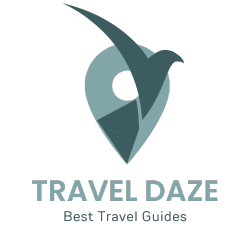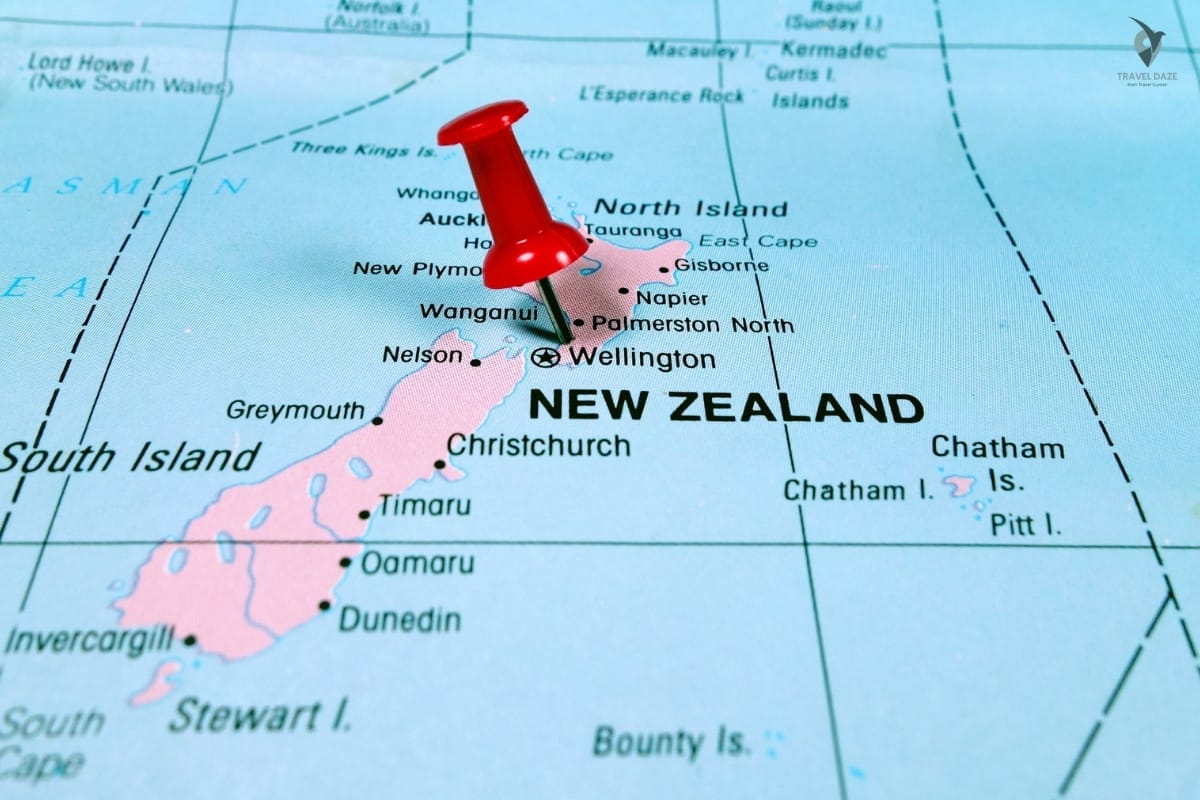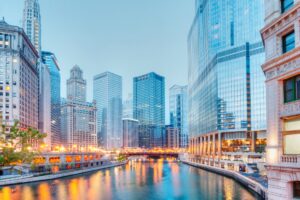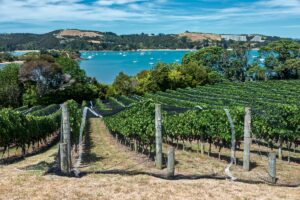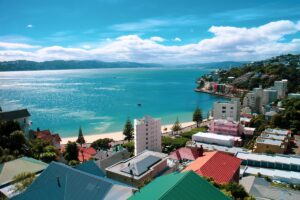New Zealand’s been on my travel list forever, and I finally got to experience it for myself. Its jaw-dropping landscapes and endless outdoor adventures are everything I imagined and more. But let’s talk about the cost.
Table of Contents
ToggleIs it pricey? Short answer: it can be. But like any destination, the expense totally depends on how you like to travel. After exploring the North and South Islands, I’ve learned a lot about where you can save money without missing out on the incredible experiences New Zealand has to offer.
What Affects Travel Costs in New Zealand?
Seasonal Price Fluctuations
First things first: the time of year can make a big difference in what you’ll spend. High season (December through February) sees prices spike, especially around the Christmas holidays. The flip side?
Those months offer prime beach weather and vibrant festivals in cities like Auckland, Wellington, and Christchurch. For budget travel, the shoulder seasons in spring (September–November) and fall (March–May) provide a sweet spot—mild weather, fewer tourists, and reasonable prices.
Location and Type of Travel
Location is another key factor. New Zealand’s big cities, especially Auckland and Queenstown, are pricier than smaller towns. In some regions, like the South Island’s more remote spots, options can be limited, making basic things a little more costly.
And of course, your travel style matters. Whether you’re a backpacker or mid-range traveler, your budget will change based on your accommodations, transportation choices, and how you dine out (or don’t).
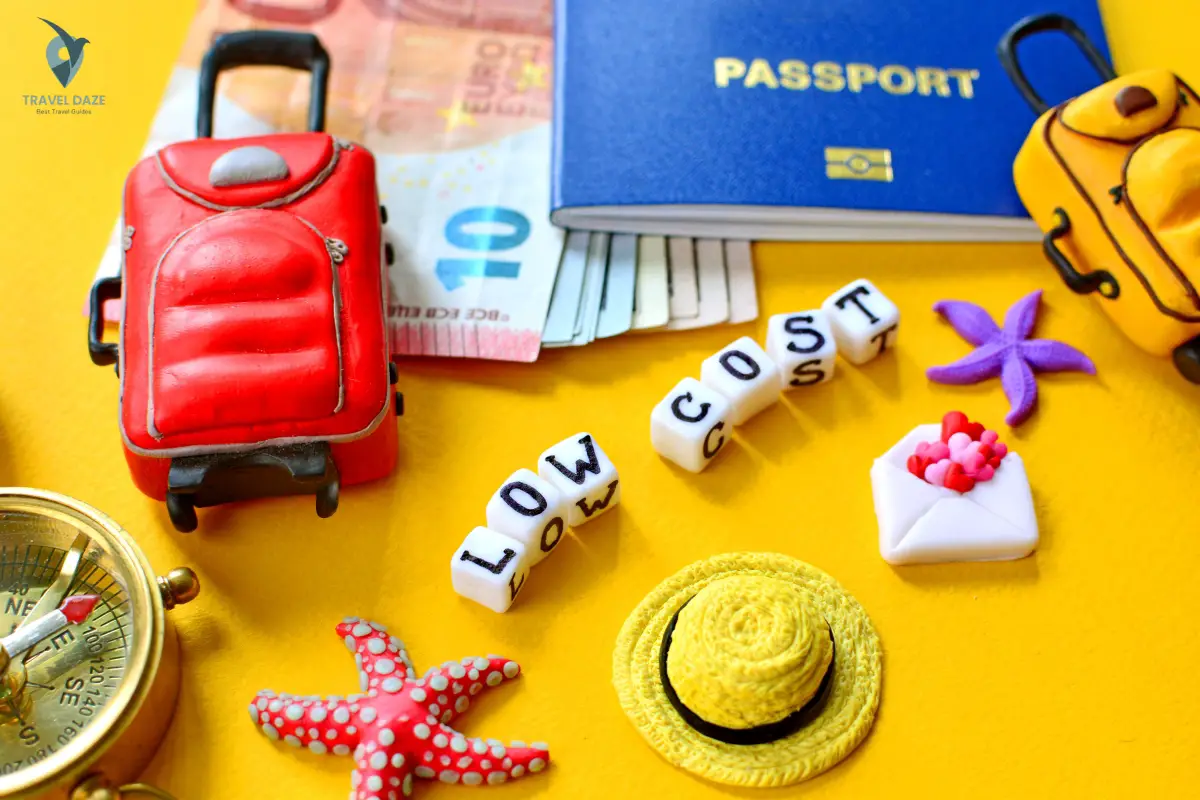
Accommodation Costs
Hostels and Budget Options
If you’re looking to save, budget hostels are everywhere. Hostels in cities like Auckland and Wellington can run between $20 to $40 per night for a dorm bed, and you’ll often find free breakfast or activities thrown in. In smaller towns or off-the-beaten-path places, hostels can be even cheaper. I used hostel kitchens to cook meals, which kept my food costs low.
Mid-Range Hotels
If you’re not keen on sharing, mid-range hotels and Airbnbs offer a comfortable step up without emptying your wallet. Expect to pay around $80 to $150 a night for a private room, though it can be higher in popular tourist hubs like Queenstown. Airbnb is also huge in New Zealand, and you’ll find everything from city apartments to remote cabins, especially across the South Island.
Luxury Stays
If you’re splurging on a luxury stay, prepare to pay anywhere from $200 a night to over $500 in top spots. New Zealand has unique accommodations like glamping sites and eco-lodges if you’re after something special. I stayed once at an eco-lodge near Franz Josef Glacier, and while it cost more, the experience was unforgettable.
Food and Drink
Groceries and Self-Catering
One of the best ways to stretch your budget is by cooking your own food. Grocery stores like Pak’nSave, Countdown, and New World offer a range of options, with Pak’nSave being the cheapest. I’d stock up on basics here—bread, pasta, veggies, and snacks for day trips.
Expect to spend about $50–$70 per week on groceries if you’re cooking most meals.
Cheap Eats and Local Favorites
When I wanted to eat out, there were plenty of affordable options like local bakeries and fish-and-chip shops. A classic fish-and-chips meal goes for around $8–$12. Local cafes are also budget-friendly and serve New Zealand’s famed coffee. Try a flat white at least once—you won’t regret it.
Mid-Range and Fine Dining
Mid-range restaurants offer some incredible food, but they can add up. A meal at a mid-range spot usually costs $20–$40 per person, and if you’re in a city, it might run even higher.
I tried a winery restaurant in Marlborough, and while it was a splurge, the food and views were worth it. Just remember that New Zealand doesn’t have a tipping culture, so you’ll save a little there.
Transportation Costs
Flights and Ferries
New Zealand may be a small country, but getting from one end to the other isn’t always cheap. Domestic flights, mostly operated by Air New Zealand, range from $50–$150 if you book early, which saves time compared to driving.
The ferry between the North and South Islands costs around $65 for a foot passenger.
Buses and Trains
For public transport, the InterCity bus network is the most affordable option. You can get around New Zealand on buses, which charge about $20–$50 per journey depending on distance.
KiwiRail also offers scenic trains, like the TranzAlpine on the South Island, but these are pricier, more like $100 for a one-way ticket. I used the bus network a lot, and though it takes longer, it’s a great way to see the scenery.
Rental Cars and Campervans
For ultimate flexibility, rental cars and campervans are amazing options. A car rental will run around $30–$60 a day, and gas is about $2.50 per liter (or around $9.50 per gallon).
If you’re into road trips, a campervan lets you save on accommodation, though they usually start around $50 per day. Just be sure to factor in the cost of campsites.
City Public Transport
In larger cities like Auckland and Wellington, public transport is affordable and reliable. An Auckland transit pass costs about $10 per day, while Wellington’s single rides are around $2–$5. I loved how easy it was to get around without a car in both cities.
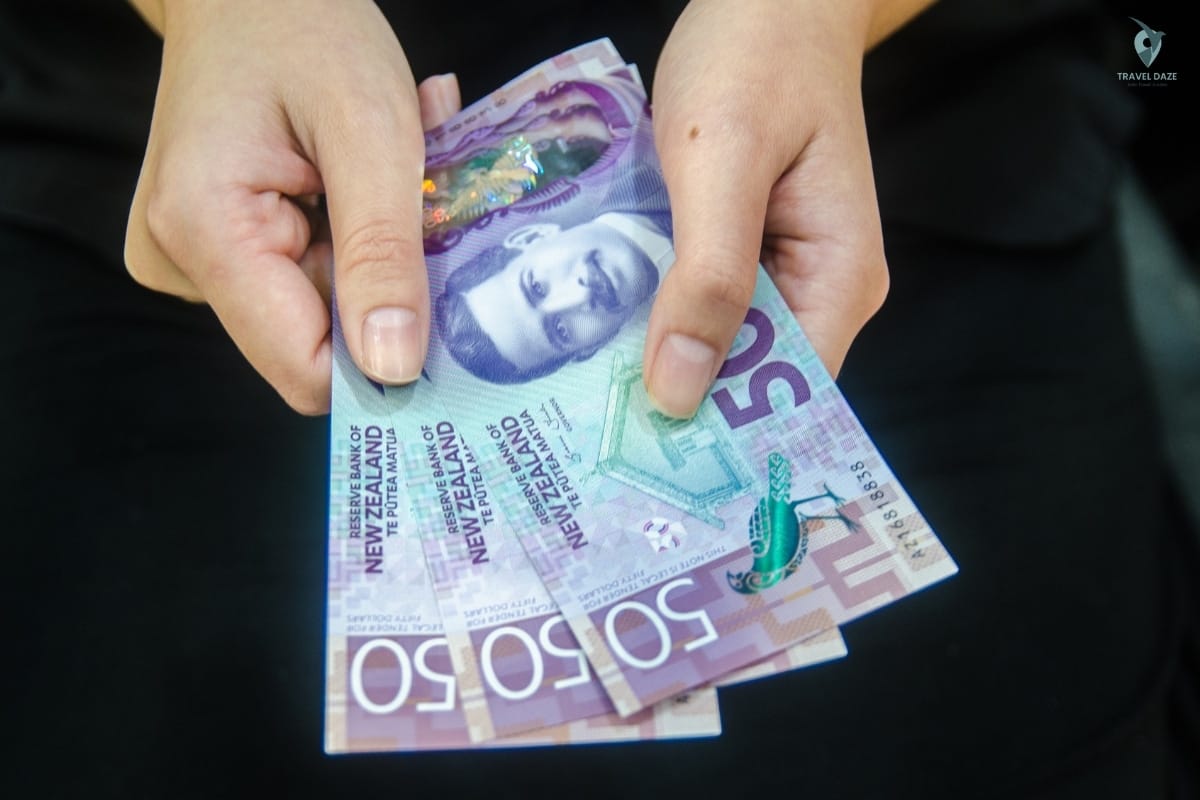
Activities and Excursions
Free and Low-Cost Activities
One of the best parts of New Zealand is that so much of it is free. Whether you’re hiking in Fiordland National Park, exploring the beaches of the North Island, or wandering through small towns, New Zealand’s landscapes don’t come with a price tag. I loved finding trails, beaches, and free museums—there’s no shortage of ways to explore without spending much.
Mid-Range Activities
If you’re into wildlife and cultural experiences, mid-range activities usually cost between $20–$80. I visited a wildlife sanctuary and did a wine tour for around $50 each, which I felt was worth it for the unique experiences.
Adventure Sports and High-Cost Activities
New Zealand’s the ultimate adventure destination, and if you want to skydive, bungee jump, or take a helicopter tour, be prepared to spend big. These activities generally cost between $200–$500 each. I took a glacier helicopter tour on the South Island, and while pricey, it was a bucket-list experience I’ll never forget.
Other Costs to Consider
Travel Insurance
Travel insurance is essential in New Zealand, especially if you’re doing adventure sports. Plans can vary, but expect to pay around $10 a day.
SIM Card and Internet
A SIM card with data costs around $30, which covers internet access for a month. Vodafone and Spark have stores at Auckland Airport, so it’s easy to set up as soon as you arrive.
Miscellaneous Costs
New Zealand has very little tipping culture, so that helps cut costs. Laundry, snacks, and souvenirs are usually affordable if you budget for it, though rural or touristy areas may charge more.
Budgeting Tips for Traveling New Zealand
Use Travel Passes
Travel passes, like the Kiwi Experience or InterCity FlexiPass, allow you to book buses across the country and can help save money on long distances.
Cook Your Own Meals
Using hostel or Airbnb kitchens saves a ton on food costs. Cooking for yourself with groceries from stores like Pak’nSave is one of the easiest ways to budget.
Book in Advance
Booking early helps lock in the best rates for accommodation, activities, and transportation.
Plan for Free Activities
Since so much of New Zealand’s beauty is natural, enjoy it! Hiking trails, beaches, and free attractions let you soak up New Zealand’s charm without paying a cent.
Look for Discounts
Websites like Bookme and GrabOne offer discounts on tours, restaurants, and adventure activities. I snagged a few deals that let me do more while saving a bit.
Gifts
If you want to save money on gifts, you can customize them online, such as Custom Keychains, custom pins, etc., instead of buying them at a local gift shop.
Sample Budget Breakdown
Budget Traveler:
- Daily: Around $50–$70 per day for hostels, groceries, public transit, and free activities.
- Two Weeks Total: $700–$1,000 for two weeks of basic travel.
Mid-Range Traveler:
- Daily: $120–$200 per day for private rooms, dining out, and some paid activities.
- Two Weeks Total: $1,500–$2,500 for a balanced travel experience.
Luxury Traveler:
- Daily: $300 and up per day for luxury accommodations, high-end dining, and adventure excursions.
- Two Weeks Total: $4,000+ for a high-end experience.
Final Thoughts: Is New Zealand Worth the Cost?
Absolutely. While New Zealand can be pricey, every dollar spent feels worth it. The landscapes, culture, and adventures are unparalleled, and with a bit of planning, it doesn’t have to break the bank.
Whether you’re a budget traveler or mid-range adventurer, New Zealand’s magic is accessible for everyone willing to do a little extra research and planning.
If you’ve ever dreamed of visiting New Zealand, don’t let costs hold you back—it’s the trip of a lifetime.
FAQ Section
Is New Zealand an expensive travel destination?
Yes, New Zealand can be pricey, especially in high season. However, with budget planning, it’s possible to explore without overspending.What’s the best time of year to visit New Zealand for budget travelers?
The shoulder seasons—spring (September–November) and fall (March–May)—offer mild weather, fewer tourists, and more affordable prices.How much should I budget for food and drink in New Zealand?
Budget $50–$70 per week if cooking your meals. Dining out can vary, from $8 for fish and chips to $40+ at mid-range restaurants.Is it better to rent a car or use public transport?
For flexibility, renting a car is ideal, though public transport is cheaper and reliable, especially in major cities.Are adventure activities like bungee jumping expensive in New Zealand?
Yes, adventure activities can cost between $200–$500. Many travelers consider these worth the splurge due to the unique experience.Where can I find affordable accommodation in New Zealand?
Hostels, budget hotels, and Airbnbs are available across the country, with dorm beds starting around $20–$40 per night.How much does a SIM card cost in New Zealand, and where can I get one?
SIM cards cost around $30 and are available at Auckland Airport and stores across the country from providers like Vodafone and Spark.What’s the cheapest way to get around New Zealand?
Buses, like InterCity, are affordable and well-connected. Rental cars and campervans are popular for those who want flexibility.How can I save on food costs while traveling in New Zealand?
Cooking your own meals is the best way to save. Grocery stores like Pak’nSave and New World offer affordable options.Is travel insurance necessary in New Zealand?
Yes, travel insurance is recommended, especially if you plan on adventure activities. It usually costs around $10 per day.
